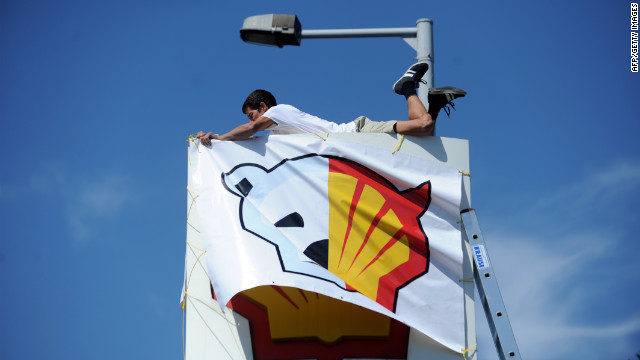
- Russia is considering allowing western companies to own oil licences in its Arctic waters
- Would make the world's second largest crude producer more attractive to foreign investors
(Financial Times) -- Russia is considering allowing western companies to own oil licences in its Arctic waters, a bold concession that would make the world's second largest crude producer much more attractive to foreign investors.
Alexander Novak, energy minister, told the Financial Times that the proposal would allow foreign majors not only to operate offshore projects but "have access to production" and become "co-owners of the licences".
This would be a radical break from a longstanding policy of awarding offshore exploration licences only to state-owned groups such as Gazprom and Rosneft. His comments come as interest intensifies from western energy groups in the hydrocarbon riches of the Arctic.
"We would welcome this," said Tim Dodson, head of exploration at Norwegian oil major Statoil, which has an Arctic joint venture with Rosneft. He said it would simplify the structure of the majors' investments in Russia and "be more akin to the model we're used to".
Mr Novak said the idea was being discussed in the energy ministry, though no final decision had been taken. Only companies that were environmentally safe, technologically advanced and financially robust would qualify.
He was speaking on the eve of a trip to London that is part of a plan to drum up $1tn of investment in Russian oil by 2020.
He will be looking to woo London-listed oil companies, money managers such as BlackRock and government officials with details of planned tax changes aimed at improving returns for investors.
Developing oil deposits in places such as the South Kara Sea and the South Barents basin is critical to Russia's plan to maintain production at 10m barrels of oil a day. Mr Novak has said 25-30 per cent of Russia's crude production will come from offshore projects by 2030, much of it from north of the Arctic Circle.
But there has been a growing awareness in Moscow that without the western majors' skills and financial muscle, Russia will struggle to exploit fully its vast offshore inheritance. This concern has led to a series of Arctic exploration deals between Rosneft and foreign groups including ExxonMobil and Eni.
But the deals awarded them only minority stakes, with Rosneft retaining sole ownership of the licences. BP sought a deal with Rosneft last year but was blocked by partners in its existing joint venture, TNK-BP.
Mr Novak highlighted proposed changes to the fiscal system to encourage investment. Russia is unusual in taxing oil companies' production, rather than profits. The oil ministry was planning to pilot a profit-based system next year, he said.
No comments:
Post a Comment